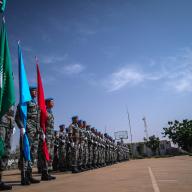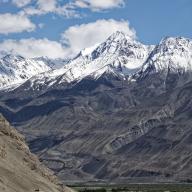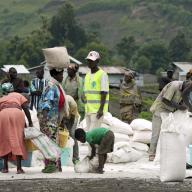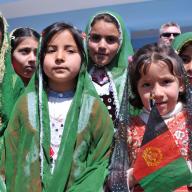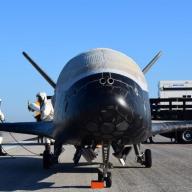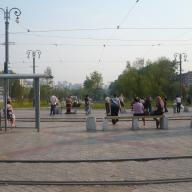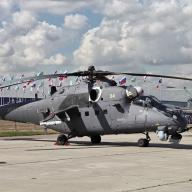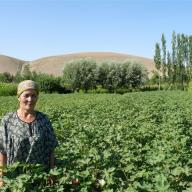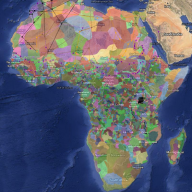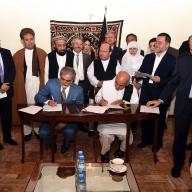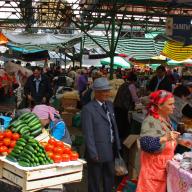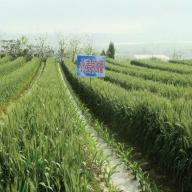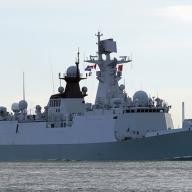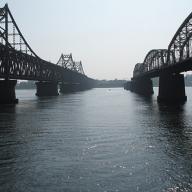This topical backgrounder presents several indications that a more regionally grounded, cohesive perspective and approach for Afghanistan is emerging—small seeds from which a sustainable response to Afghanistan’s peace, security and development challenges might grow.
Related commentary: Asia
Why humanitarian assistance needs rigorous evaluation
According to the United Nations Office for the Coordination of Humanitarian Affairs (UNOCHA) and the Financial Tracking Service (FTS), the number of people in need of humanitarian aid in 2017 rose to 141.1 million and they were located in 37 countries. The Global Humanitarian Appeal stood at nearly $13 billion as of November 2017, which represented 58 per cent of the total fund target set for humanitarian assistance.
Tensions in the South China Sea: the nuclear dimension
In the sovereignty disputes in the South China Sea, there is an often overlooked strategic interest pursued by China: the People’s Liberation Army’s (PLA) quest for a credible undersea nuclear deterrent.
Non-interference limits China’s role in the fight against Islamic State
Will China be forced to become more active in the fight against ISIS to protect its citizens and economic interests in Iraq?
Afghanistan: The Istanbul Process in urgent need of more attention
On 30–31 October China hosted the postponed fourth ‘Heart of Asia’ ministerial conference in the framework of the Istanbul Process. Inaugurated in 2011, the Process is the only multilateral vehicle led by Afghanistan, thus permitting the country a greater say in its own affairs. Its objective is to facilitate Afghanistan’s reconstruction through interregional collaboration. To this end, and in a short period of time, the Process has successfully managed to commit 14 participating members, some of which previously had difficulty coming together, to cooperate. However, the Process is beset by a number of internal and external challenges that necessitate attention. Newly elected Afghan president Ashraf Ghani and his administration will have to designate ample human resources and diplomacy efforts to guarantee the process’ effectiveness and sustainability.
China’s protection of its overseas interests is becoming increasingly complex
The evacuation of Chinese citizens from Viet Nam in May 2014 and a possible new evacuation from Iraq in the next few days are just two recent examples which demonstrate that, for China, protecting its overseas interests is becoming an increasingly complex challenge. A new SIPRI Policy Paper, launched today, outlines this challenge within the context of China’s traditional policy of non-interference in other nations’ affairs, which is also coming under increased domestic scrutiny.
Measuring conflict exposure in micro-level surveys
For a peacebuilding and reconstruction policy to succeed, it must consider how people are affected by war and violence.
Deciphering China’s latest defence budget figures
On 4 March the Chinese Government presented its 2014 budget to the National People's Congress (NPC), but it does not accurately represent the total amount spent by China on its military.
China, India and the three Cs
The influence of conflict, competition and cooperation on China–India relations continues to produce an unbalanced power dynamic.
The challenges ahead for Iran's new President
The election of cleric Hassan Rouhani as the seventh president of the Islamic Republic of Iran confirmed both the unpredictability and the enduring adaptability of Iran's political landscape.
Harmony or discord? Foreign policy implications of China's upcoming Party Congress
As the Communist Party of China prepares for a once-in-a-decade change of leadership at the 18th Party Congress in November, the country’s foreign relations are in worse shape than they were 10 years ago, especially in East Asia but also in terms of heightened strategic rivalry with the United States. How the incoming leadership chooses to manage further the expansion of Chinese economic and security interests has huge implications for the rest of the world. If the incoming Party leadership fails to prevent widening political rifts in China’s political system (including the People’s Liberation Army, PLA), foreign policy could take on an even more assertive tone, complicating international cooperation with China on issues of international security.
In Afghan fields
June 2012 marks what many have called a milestone in the ongoing war on narco-terrorism: the sentencing of Haji Bagcho, the biggest opium and heroin dealer in Central Asia.
China at 60: Still a daunting challenge
The future looked bleak for the Chinese people on 1 October 1989 at the 40th anniversary of the founding of the People’s Republic of China. Less than four months had passed since 4 June, when the People’s Liberation Army (PLA) had killed hundreds of unarmed civilians in Beijing to put an end to the Tiananmen Square demonstrations.
China’s expanding peacekeeping role
The Chinese People’s Liberation Army (PLA) has increased its participation in a broadening array of multilateral security arrangements in recent years. One of the most high-profile aspects of this trend is the dramatic expansion in Chinese peacekeeping deployments (of civilian police, military observers, engineering battalions and medical units) to UN operations: since 2000, when China deployed fewer than 100 peacekeepers, there has been a dramatic 20-fold increase in its contributions.
